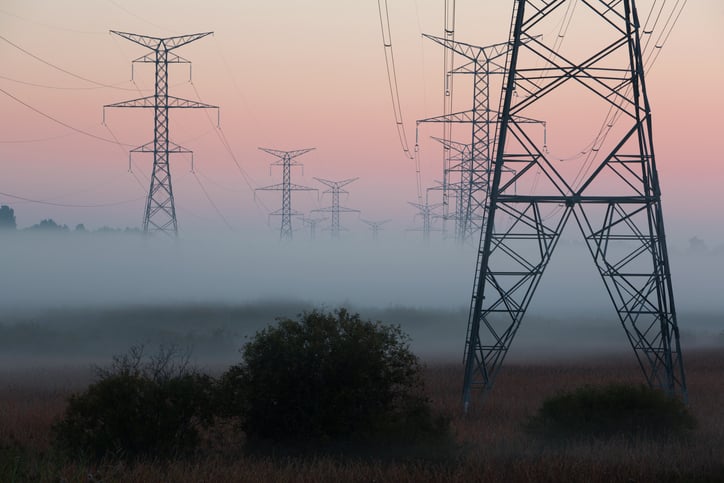Regulators will need to evolve and adapt new approaches if they are to best protect consumers as the power market continues to pivot, a new report has warned.
The report, dubbed ‘Reshaping Regulation’, has been authored by energy policy experts Laura Sandys, chief executive of Challenging Ideas, Imperial College London’s Jeff Hardy and Imperial College Business School’s Richard Green, and looks to address the changing role that regulation looks set to play in an energy market dominated by transition.
However the report narrows in on ‘transition’ as a term in itself, arguing that policy has been “captured” by the term and that few professionals have been able to articulate precisely where the UK energy market is headed or what is desired to be achieved.
This, the report warns, is resulting in “incremental rather than systemic thinking” and inadvertently creating significant policy and cost drag, predominantly constrained by the thinking of current incumbents.
It is not the only report this week to level accusations at energy market incumbents. Earlier this week InfluenceMap said that the Big Six utilities and other bodies were having an undue impact on UK energy policy to the detriment of consumers.
And earlier this year Ofgem’s Andrew Wright warned that the transformation of the power sector was outpacing regulation, with Ofgem struggling to keep up.
Moreover, the authors of Reshaping Regulation have also levelled criticism at the now-common energy policy terms of the ‘trilemma’ and ‘security of supply’, which it says have created both unwanted trade-offs and “haunt” public policy making respectively.
The co-authors have, as a result, proposed four new regulatory principles they say should underpin future regulatory architecture. These include;
- Regulate for how consumers consume not how businesses are organised;
- Regulate for system optimisation to deliver the most productive, efficient and affordable system;
- Regulate to promote transparent, cost-reflective and open markets;
- Regulate for where security of the system is truly at risk.
These adjustments will also enable further change in the energy market, particularly as new entrants begin to supply energy and follow different rules than the incumbent utilities. This will centre around an entirely different relationship between supplier and consumer, a topic which Ofgem chief executive Dermot Nolan addressed during his opening speech to the Energy UK annual conference yesterday.
Laura Sandys said that the regulation of the future needs to reflect precisely how people will consume energy as the market changes, essentially creating “new winners and losers”.
“The old-fashioned utilities who do not reform will find themselves under huge pressure from the growing number of new services that are designed around consumers, ensuring that consumers are market makers not market victims,” she said.
Meanwhile co-author Jeff Hardy said that he anticipated tomorrow’s energy market would be typified by a bi-directional flow of electricity, rather than the uni-directional status quo.
“This requires changing the market structures and the roles and responsibilities within the system, creating markets that are open, transparent, cost-reflective, technology neutral and focused on system optimisation. No-one knows what the future holds for our low-carbon electricity system, so rather than prescribing the solution, let’s unleash the power of innovation through simple, principle-based regulations,” he said.






